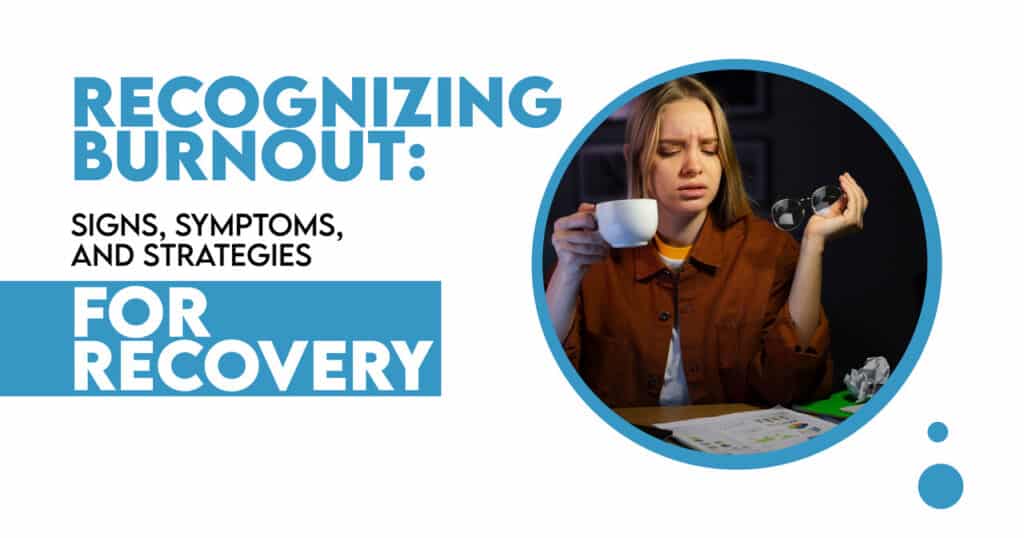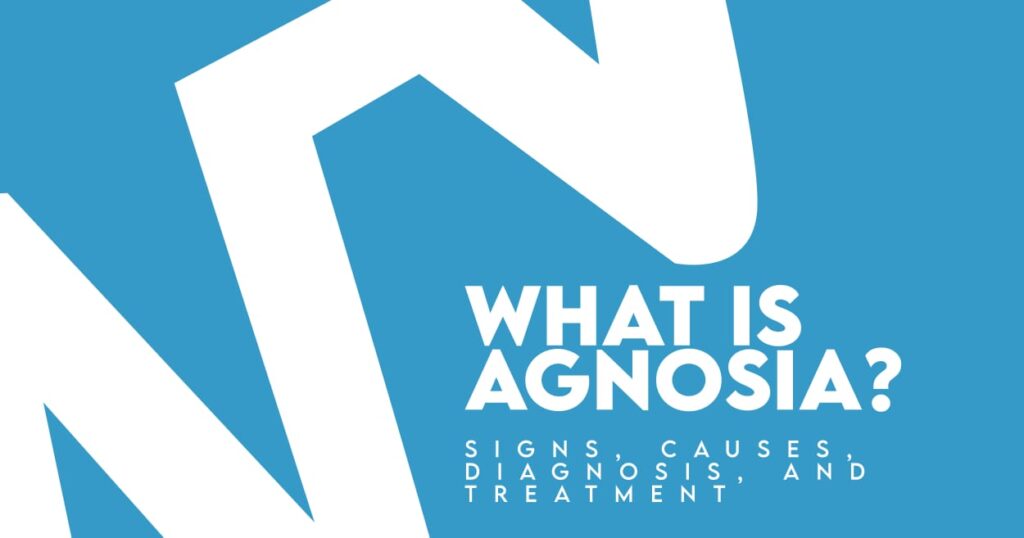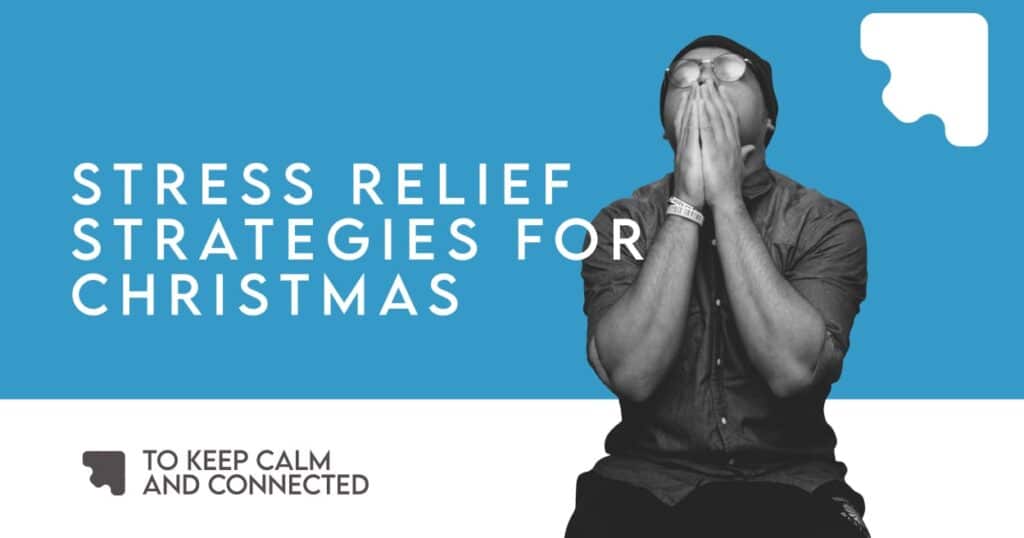Burnout is more than exhaustion after a long week at work. It is a state of physical, mental, and emotional exhaustion brought about by prolonged stress. When one feels overwhelmed, drained of strength, and can no longer meet the demands, it results in burnout. This phenomenon occurs to millions and is not just an individual’s concern, especially those with demanding jobs.
Essential Takeaways
Recognize the Signs |
Early recognition of burnout symptoms is crucial for effective intervention. Pay attention to emotional, physical, and behavioral changes. |
| Prioritize Self-Care | Incorporate self-care activities into your daily routine to help manage stress and promote well-being. |
Seek Support |
Don’t hesitate to seek support from friends, family, or professionals if you’re struggling with burnout. You’re not alone on this journey. |
In the 1970s, psychologist Herbert Freudenberger coined the term to define the impact of extreme stress and high standards on those in the “helping” professions. Since then, there has been a vast expansion of knowledge in understanding burnout.
Although burnout is often associated with the workplace, it can technically occur anywhere, such as when caring for others or intimate partners. According to one survey, burnout is a common phenomenon in today’s workplace, with 77% of respondents reporting experiencing it at their present workplace.
The Impact of Burnout on Mental Health
The impact of burnout extended far beyond your workplace and bled into your personal life. It made it extremely challenging for an individual to start enjoying things that they once loved doing, thereby creating a vicious cycle of low motivation and emotional exhaustion.
Studies show that all these psychological problems, such as burnout, anxiety, and despair, are closely interrelated. You might feel trekking in a fog and can’t think or feel anything when burned out. Your level of stress can even be enhanced by the fact that you realize you tend to become angry or depressed over pretty trivial things.
Furthermore, burnout could also have physical effects. You may have headaches, sleeplessness, persistent exhaustion, or digestive problems. It’s crucial to recognize these signs early on because they are precautionary signs your body gives you that you should never ignore.
Recognizing the Signs of Burnout
Common Signs of Burnout
Recognizing burnout isn’t always straightforward, significantly, since its symptoms can overlap with other mental health conditions. Here are some common signs to look out for, Personal Anecdotes
| Cynicism | A sense of detachment or a negative outlook on work and life can develop. |
| Emotional Exhaustion | Feeling drained, unable to cope, or emotionally depleted can signal burnout. |
| Physical Symptoms | Persistent fatigue, headaches, or digestive problems can accompany burnout. |
| Isolation | Withdrawing from social interactions and feeling disconnected from friends and family can be red flags. |
Here is an example. Take Sarah, a dedicated nurse who loved her job. Long hours and the emotional toll that her patients left slowly started breaking her down. She experienced some mild tension at first, but as it grew, so did her cynicism.
She began to lose her temper with her patients and became irrationally furious with her colleagues. An experience like Sarah’s indicates a fast rate at which burnout might arise, affecting her career and, even more so, the whole of her life.
Understanding the Symptoms of Burnout
Emotional Symptoms
Emotional symptoms are typically the first warnings of burnout. If you often feel:
- Irritable. The most minor irritations become formidable.
- Anxiety. You could even become restless or uneasy even during good times.
- Detached. Indifference or even apathy for things that matter to you may seem to be what is happening.
Physical Symptoms
Physical symptoms of burnout can include:
- Fatigue. You constantly feel tired and do not have your energy renewed with sleep.
- Sleep Disturbances. You find it difficult to sleep, or you sleep too much.
- Appetite Changes. You lose your appetite or overeat.
Behavioral Symptoms
You can also notice behavioral signs that may manifest as burnout. These can be as such:
- Withdrawal. You often avoid social events, parties, or family functions.
- Reduced Productivity. You cannot complete the tasks you used to handle.
- Increased Absenteeism. You will likely provide reasons for not attending work or any other activity.
The Causes of Burnout
Workplace Factors
Burnout can often be attributed to some work-related circumstances, of which include:
- High Workload. Being bombarded 24/7 with responsibilities contributes much to burnout.
- Lack of Control. The perception of powerlessness in your job leads to frustration and exhaustion.
- Unclear Expectations. Unclear job roles often confuse and stress out an individual.
Personal Factors
However, it is also because of personal factors. Such factors include:
- Being too perfect means having high standards for doing things that might prove impossible.
- Poor work-life balance is very draining because it takes away one’s personal life for work.
- Some lifestyle factors increase the level of stress. Lack of exercise, poor nutrition, and inadequate sleep can be examples.
Strategies for Recovery from Burnout
Acknowledge and Assess
Recognizing burnout is the first step toward recovery. Take time to assess your feelings honestly. Journaling can be a powerful tool to explore your emotions and identify stressors. Ask yourself:
- What aspects of my life are causing the most stress?
- Are there patterns in my feelings that I can recognize?
- How am I coping with these feelings?
Seek Support
You don’t have to suffer from burnout alone. Talk to your loved ones, friends, or professionals who can help you gain emotional strength. Share your feelings, and thereby, you’ll be able to gain perspective, reduce your load, and prevent burnout.
Consider going to a counselor or therapist or participating in a support group. Counselors and therapists will provide helpful coping mechanisms and emotional support tailored to your situation.
Set Boundaries
Clearly defined boundaries can help prevent burnout and help people recover from it. Here are some practical tips:
- Learn to say no. It is perfectly fine if you feel you have too many responsibilities if you are asked to take on more.
- Schedule Breaks. At all times, make time to take some breaks during your course of activities.
- Limit work hours. Stick to the schedule, allowing ample time for other personal activities and some rest.
Practice Self-Care
Self-care isn’t just a buzzword; it’s essential for mental well-being. Make time for activities that recharge you, such as:
- Exercise. Physical activity can boost your mood and energy levels.
- Nutrition. Eating a balanced diet helps improve overall health.
- Sleep. Prioritize quality sleep to enhance your mental clarity and resilience.
Mindfulness and Relaxation Techniques
Incorporating mindfulness and relaxation techniques can help alleviate the stress associated with burnout. Consider:
- Meditation. Meditating for just a few minutes a day can significantly reduce stress.
- Deep Breathing. Practicing deep breathing exercises can calm your mind and body.
- Yoga. Combining movement with mindfulness can help ease tension and promote relaxation.
Make Time for Hobbies
Never undermine the power of hobbies. Undertaking things you love can give you enough time to relieve stress. Determine what works well for you and make sure there is time for it. It could be reading, painting, gardening, playing the piano, or anything else.
Long-Term Prevention of Burnout
Foster a Positive Work Environment
If you are a leader, think about creating a supportive workplace. Encourage collaboration, recognize staff achievements, and maintain effective communication. When employees are valued, burnout is less likely to occur.
Promote Mental Health Awareness
Share your concerns about mental health issues within your community or in your workplace, and educate others on the potential cascading effect. Prepare individuals with proper tools, training, or workshops to empower them with an understanding of burnout and how best to cope when dealing with stress. Most importantly, the concept of stress for many can shift when they feel educated and empowered.
Continuous Self-Reflection
Be self-reflective: Make self-reflection a usual practice for you. Allocate every week time to reflect on how you feel stressed and what you did to manage your stress levels. Ask yourself:
- Am I feeling overwhelmed?
- How might I change my rhythm to have more balance?
- What stressors am I experiencing now, and how might I better manage them?
- When to Seek Professional Help?
When to Seek Professional Help
Signs It’s Time to Talk to a Professional
If you are experiencing burnout symptoms and can no longer handle them by yourself, you may have to seek the services of professionals. There could be several warning signs. Persistent Sadness: You cannot smile or feel joyful as you should. Failure to Get Things Done: You cannot keep up with work or home duties. Thoughts of Self-Harm: This is among the severe symptoms, and if you feel this is happening to you, see a professional immediately.
Finding the Right Help
Finding the right mental health professional can be a game-changer. Consider the following:
- Look for Specializations. Some therapists specialize in burnout, anxiety, or stress management.
- Ask for Referrals. Friends, family, or colleagues may have recommendations based on their experiences.
- Research Options. Look into local resources or online therapy and counseling platforms.
Final Thoughts
Burnout is a serious and widespread condition that affects countless individuals, often without them realizing the extent of its impact. Recognizing the early signs and symptoms is crucial for preventing further mental and physical exhaustion. Taking proactive steps to address burnout is essential for restoring overall well-being.
By understanding how burnout affects mental health and implementing effective, practical solutions, such as self-care, boundary-setting, and seeking professional support, one can recover and strengthen resilience against future challenges. Prioritizing mental well-being in this process can lead to a more balanced, fulfilling life.
Encouragement to Take Action
Do not wait for things to improve if you feel you are experiencing symptoms of burnout. Find someone to trust, research self-care techniques, or seek expert help, and get going today. Remember, you don’t walk this path alone.
FAQs
- What is burnout, and how does it differ from stress?
Burnout is a state of emotional, physical, and mental exhaustion caused by prolonged stress. While stress can be a temporary reaction to a challenge, burnout is a chronic condition that can lead to feelings of helplessness and hopelessness.
- What are the primary signs of burnout?
Common signs of burnout include emotional exhaustion, cynicism, reduced performance, physical symptoms (like fatigue), and social withdrawal.
- How can I support a colleague experiencing burnout?
Offer a listening ear without judgment, encourage them to take breaks, and suggest they seek professional help. Being supportive can help alleviate their stress.
- Can burnout affect my physical health?
Yes, burnout can lead to various physical symptoms, including chronic fatigue, headaches, gastrointestinal issues, and sleep disturbances.
- What should I do if I think I’m experiencing burnout?
Assess your feelings, reach out for support, set boundaries, and consider implementing self-care practices. If symptoms persist, seeking professional help may be necessary.








